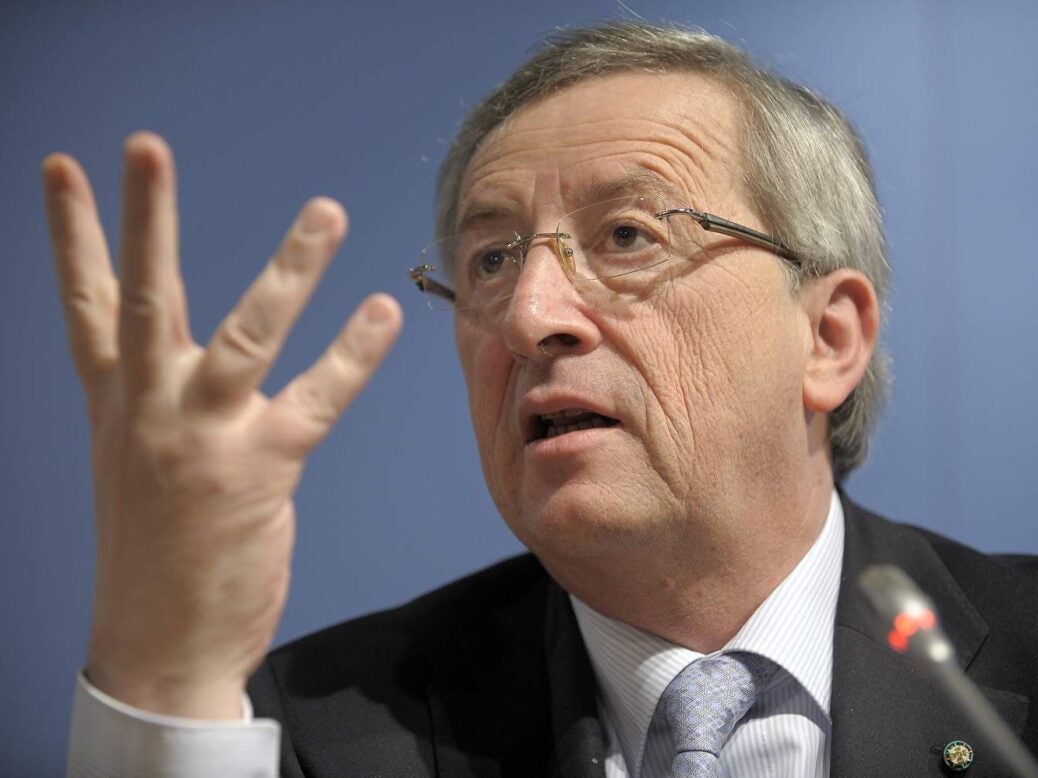
Jean-Claude Juncker’s choice of Michel Barnier as a tough Brexit negotiator for the EU may set a linguistic precedent as well as political one, writes John Underwood.
The aftermath of the EU referendum has felt oddly similar to the frenetic buildup to June’s historic vote. Remainers continue to prophesy doom, which is entirely accurate if you ask The Guardian; Brexiteers are still foretelling a post-Leave boom, which is just around the corner if you check with The Telegraph. The two sides are, if anything, more emotionally opposed than ever.
One major pre-referendum bone of contention was the prospect of exactly how the EU would respond to a Leave vote. Would the faceless Brussels bureaucrats be cowed before the might of an independent UK, or would the brave defenders of an ever closer union close ranks to punish Britain for its arrogance? The answer, it seems, depends once more on who you ask.
Last week, Jean-Claude Juncker appointed former French foreign minister (and persistent Frenchman) Michel Barnier to represent the European Commission in Brexit talks. While it resisted the breathless capitals of the Express (which branded Barnier the ‘most DANGEROUS man in [the] EU’), The Times drew some criticism online for observing that Barnier ‘insists on conducting all his negotiations in French’.
Whatever you think of the EU, this seems like an odd thing to object to. Six of the seven EU institutions are based in French-speaking countries – why shouldn’t the Commission’s representative, a Frenchman who works in Belgium, expect to speak his own language at work? It’s certainly hard to imagine David Davis voluntarily switching to French. And, at least until the UK issues an Article 50 notification, the EU has no reason to make life easy for us.
However the EU negotiations pan out, this conflict raises an interesting question about the so-called ‘world languages’ and the persistent monolingualism of the English abroad. French has been the language of diplomacy for a thousand years – indeed, the term ‘lingua franca’ means ‘Language of the Franks’, even though the original Lingua Franca was a sort of tattered cousin of Italian. French too, alongside English, Russian, Spanish, Chinese and Arabic, is a working language of the UN Secretariat.
Even now, most of our children leave school with a smattering of French, although this seems to have more to do with tradition than its present usefulness. It’s often reported that as many as a quarter of a billion Chinese people are studying English, but perhaps we’d be better off learning Mandarin rather than waiting for the rest of the world to grasp the difference between ‘thou’, ‘though’ and ‘through’.
June’s referendum result has sent an unambiguous message to the rest of the continent: the UK thinks it’s better off without you. And if British influence in the EU is set to decrease, as seems almost inevitable, then Europeans would surely be within their rights to put less effort into learning English. In a year’s time, the novice English-speaker could be faced with a world where they can’t get a UK visa and President Trump has built a wall entirely round the continental United States. There’s always Canada, of course, but Canada speaks French anyway. And who’s going to learn English if all they can do with it is go to Australia? They’d be better off learning how to say ‘please don’t eat me’ in Shark. Something Davis may have to learn to say in French when he meets Barnier.






